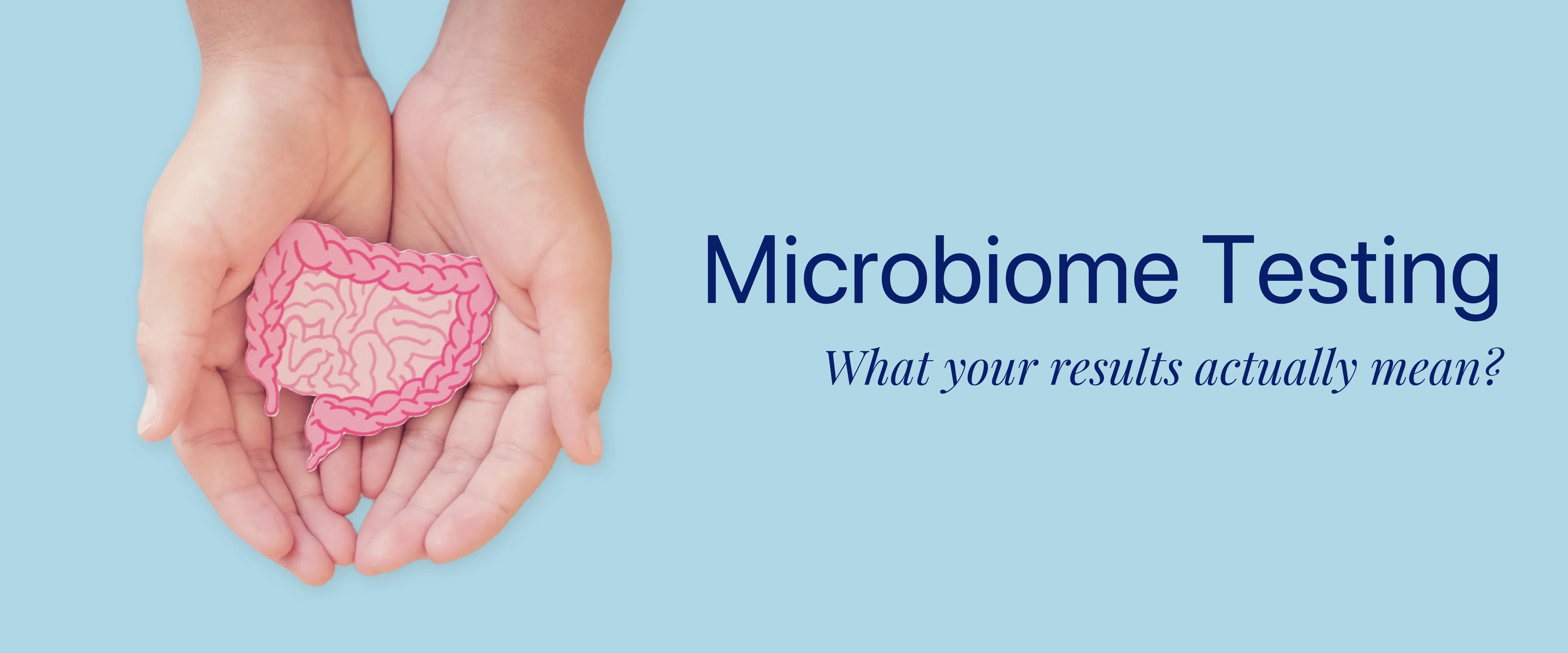
Are Gut Health and Longevity Related? Know the...
The gut microbiome composition...

How Stress Impacts Gut Microbiome
Explore how stress disrupts...

How Fiber Supports Gut Health in Ageing
Learn how fiber supports...

Crosstalk Between Microbiome and Mitochondria in Ageing
Explore the vital connection...

Probiotics, Prebiotics, Synbiotics: Comparison Guide
Explore the distinct roles...

Microbiome Testing: What Your Results Actually Mean
Learn how microbiome testing...



















